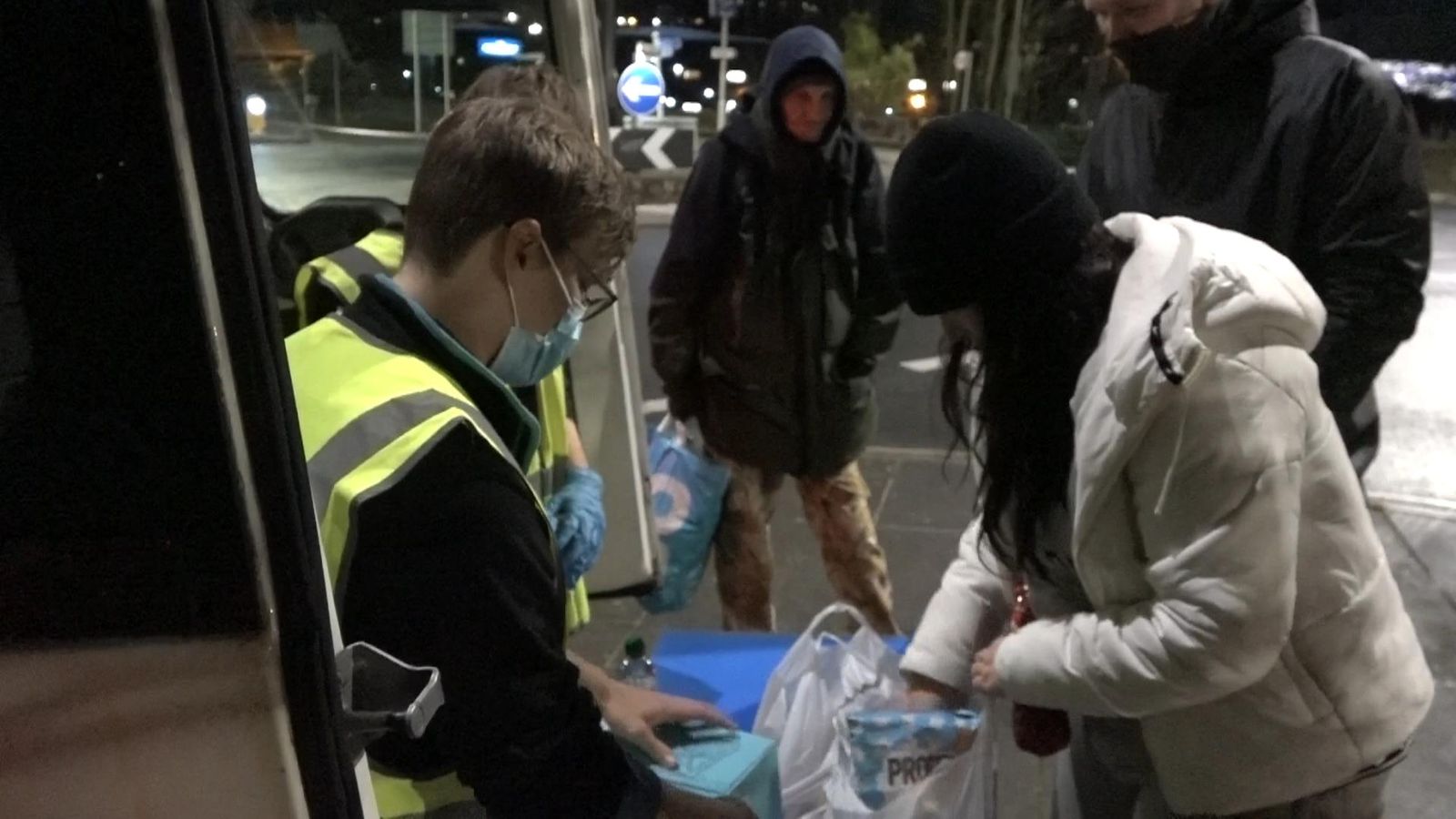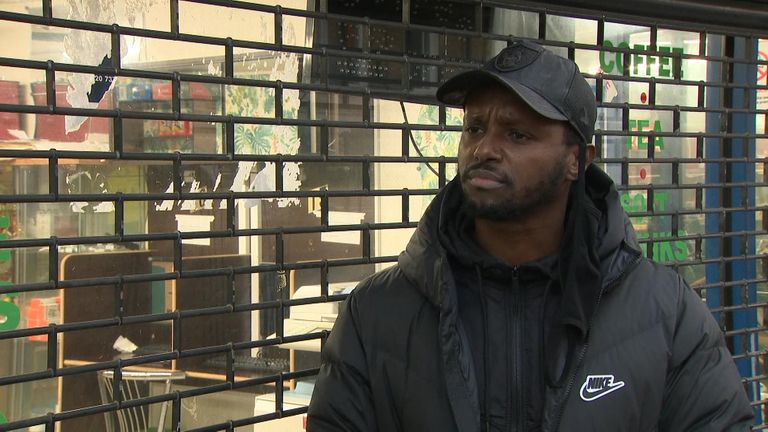The government must make tackling poverty a priority in 2021 or risk being defined by a “record of worsening hardship”, according to a new report from a leading anti-poverty charity.
The “state of the nation” report by the Joseph Rowntree Foundation found that people who were already trapped in poverty were “particularly vulnerable” to the financial shock caused by the pandemic and that 40% of workers on the minimum wage face a “high or very high risk” of losing their jobs.
It also found that workers from black and minority ethnic backgrounds are 14% more likely to be made unemployed and 13% less likely to be furloughed, while 45% of disabled people who were in employment at the start of the year reported no earnings by the middle of 2020.
“The fact is that people are literally living day to day,” said community worker Abdi Hassan, who helps run a food bank in Hackney, east London.
“It used to be pay cheque to pay cheque, it’s day-to-day survival now. It’s people who are working professionals now contacting us for food bank support. What we are seeing more and more is a massive divide.
“People who are wealthy are doing better but people who are struggling on the bottom line are doing the worst.”
The report found that 35% of private renters and 42% of social renters were also working in the sectors hit hardest by COVID-19, with one in three furloughed.
“It is a damning indictment of our society that those with the least have suffered the most before the pandemic and are now being hit hardest once again,” said Helen Barnard, director of the Joseph Rowntree Foundation.
“The government must now make the right decisions to avoid another damaging decade.
“It’s unacceptable that certain groups are bearing the brunt of the economic impact of COVID-19, and are now reeling from the latest blow of this third lockdown.
“We all believe in justice and in looking out for each other, and we support policies that reflect these values. Ministers were right to increase Universal Credit by £20 a week and they must now make it permanent and extend this support to legacy benefits.
“2020 was an extraordinarily difficult year for all of us and has shifted the dial in terms of what support is possible. Learning from this, there are serious injustices we cannot put off tackling any longer. We must not rest until everyone, regardless of their background, is able to achieve a decent life.”
The report found that 30% of private renters were worried about paying their rent through the winter. According to polling in October across both the private and social rented sectors, 700,000 were already in arrears with their rent in the autumn.
Wheelchair user Piers Wilkinson is one of those workers who lost their job during the summer and has racked up debts as a result.
“I started off 2020 employed full time and I was earning an above average salary,” he told Sky News.
“It didn’t take a genius to work out that companies were going to shrink as a result of the pandemic. Unfortunately after almost hundreds of applications and about 20 interviews, and getting advice from colleagues and friends, I still wasn’t finding anything.
“By the end of November, and still now, I’m £2,500 in debt having used my overdraft to pay rent. As a disabled person who was shielding it was better to go into an overdraft than not have anywhere to live.”

